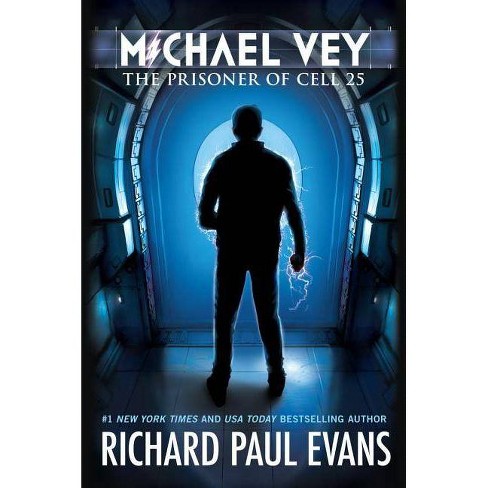In hindsight, my taste of books in 7th grade was quite lacking, unsophisticated. It consisted of a healthy diet of young adult novels, all with a similar theme: they explored the lives of teens who lived in dystopias or futuristic societies and had some kind of supernatural power. The Michael Vey series hit all those. I read about the titular character and his control over electricity– and it was captivating.
After years of English classes and listening to teachers, authors, and avid readers, I’ve heard my fair share of stories about reading. They would stay up and read under the covers, usually with a flashlight, afraid of their parents catching and reprimanding them. But, instead of smuggling a hardcover book, I read a pirated version of Richard Paul Evans’ Michael Vey series. Instead of a flashlight, my only source of illumination was my phone. I was determined to read the next chapter, as soon as I could, even if there were better options: going to the library the next day, checking out the book, or placing a hold were all too much for me. Yet somehow I thought it was easier to download an illegal copy of the next book onto my phone.
Michael Vey would be the first and last series that I would pirate. However, it was by no means the only series that always made me want to learn more. Indeed, I remember spending entire days of my summers reading Harry Potter, 8 hours at a time; I also read, bought, and reread all the Percy Jackson books.
By the same token, it would also be a stretch to claim that the Michael Vey books gave me my drive for learning. The Maze Runner and The Hunger Games had already instilled that into me. I don’t think I even learned that much from the series in the long-term. I can’t tell you many details: I don’t remember the names of any of the characters (besides the protagonist); I don’t remember the setting of the book; and, to be honest, I had to search up the name of the author before writing this.
The school system I grew up in ingrained the idea of remembering the small details. Forget an x here, or a negative sign here, or miss a comma, and watch your grades and standardized test scores drop like flies. However, as a young child, I quickly internalized that I should understand concepts, and not details. Only when we look at a work or a concept as a whole can we understand its meaning.
What my memory lacks in details, it makes up for in themes: I remember that Michael Vey has electrical powers; he has to save the world from his evil captors; and he always finds a way to escape any situation. One time, Michael Vey used his control over electricity to create an electromagnet, allowing him to unlock a door.
Michael Vey immersed me in its own world. It was virtual reality, before I had access to virtual reality. Ironically, the book’s experience was so complete, filled with so much vivid detail, that there was too much detail for me to remember. I discovered something psychologists have known for years: the human mind is good at focusing at one, and only one, thing at a time. In this case, I focused on what was in front of me when I was in the world, and the lesser details, subplots, and minor characters disappeared.
The same goes for school. I can’t tell you who the characters were in The Picture of Dorian Gray, but I can tell you what the story was about—Dorians’s picture aged while he stayed forever youthful. I don’t remember the cubic formula (who does?), but I remember that it exists, and it led to the invention of complex numbers. I can’t tell you the name of every general or every battle in the civil war, but I can tell you general trends: the South had the better generals, the North more men and supplies.
And in a way, I know that my experiences and my mindset will prove to be useful for my own battles…whatever they may be.
